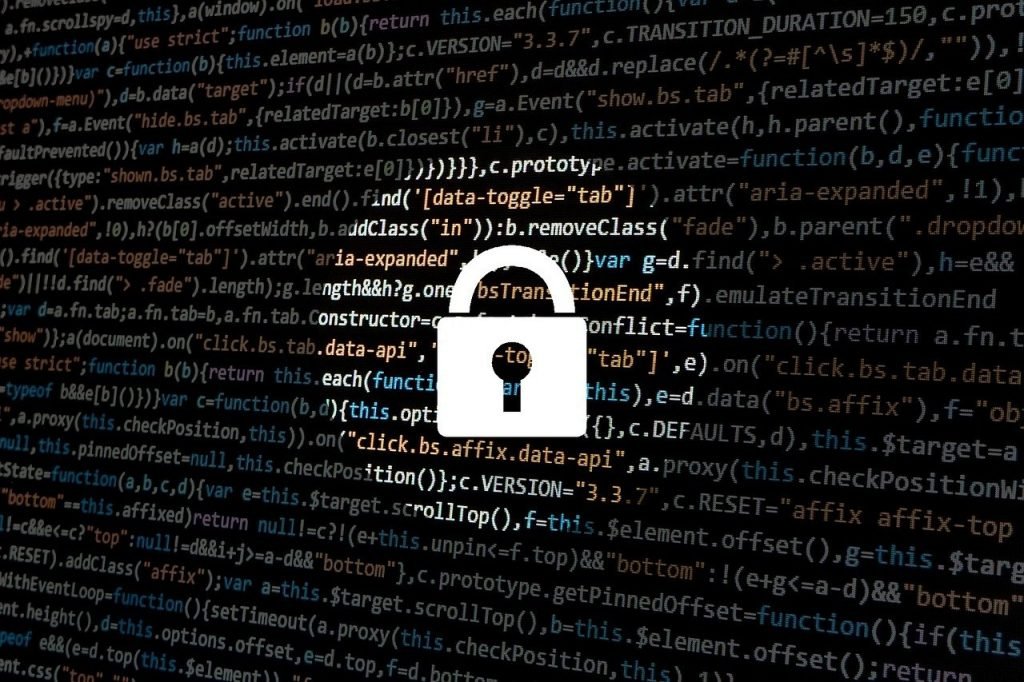I’m sure you’ve heard the term cyber-attack thrown around a lot in recent months. Many enterprises have paid huge fines or even went out of business just because they under estimated cyber security. But what exactly is a cyber-attack and how can you make your computer or internet-connected device more secure?
Learn more about what they are, why they happen, and what you can do to protect yourself from them below.
What are cyber attacks?
A cyber attack is an exploitation which is done deliberately to your system or network. They use malicious codes to steal or leak data, or to hold your data as hostage.
Some common types of cyber attacks are:
- Access breach
- Stolen hardware
- Malware, Phishing, Trojans and other types of viruses
- Identity theft
- Unauthorised access
5 Easy Ways to Prevent Cyber Attacks
1. Use a full-service internet security suit (antivirus software)
For instance, Quick heal, Norton, McAfee, etc. which will provide real time protection against pre-existing or any future malware which includes ransomware and viruses. Using an anti-virus also provides options for performing various scans which show suspected threats present on pc or mobiles.
2. Passwords
Using same password for everything is dangerous. If someone with wrong intentions ( a hacker) figures out your password through some means, he’ll easily be able to penetrate your entire system with it.
It is very important to have different password setup for every application, and changing them often will ensure a high level of protection against various threats. Refrain from using your phone numbers or date of birth as passwords. They are easily predictable.
3. Backup Data
In case you fall a victim to a cyber attack, it is crucial to have your data backed up in order to avoid loss of important data, time and even money!
Top IT and security managers use 3-2-1 rule for this. It means you have to keep 3 copies of your data on 2 different media types (local and external hard drive) and 1 copy in offsite location eg. Cloud storage
4. Keep systems and software up to date
Cybercriminals frequently use already known exploits/flaws in your software and can penetrate your system. Those flaws should be patched up from time to time by updating the software in order to minimise being a cybercrime victim.
5. Avoid risky clicks
It is wise to avoid clicking or visiting risky websites or links however tempting they might look. Instead type the address in your browser.
DO NOT open emails from unknown email ID’s from spam folder and trash attachments in unexpected emails.
Apart from these five important tips, always use two or multi factor authentication.




